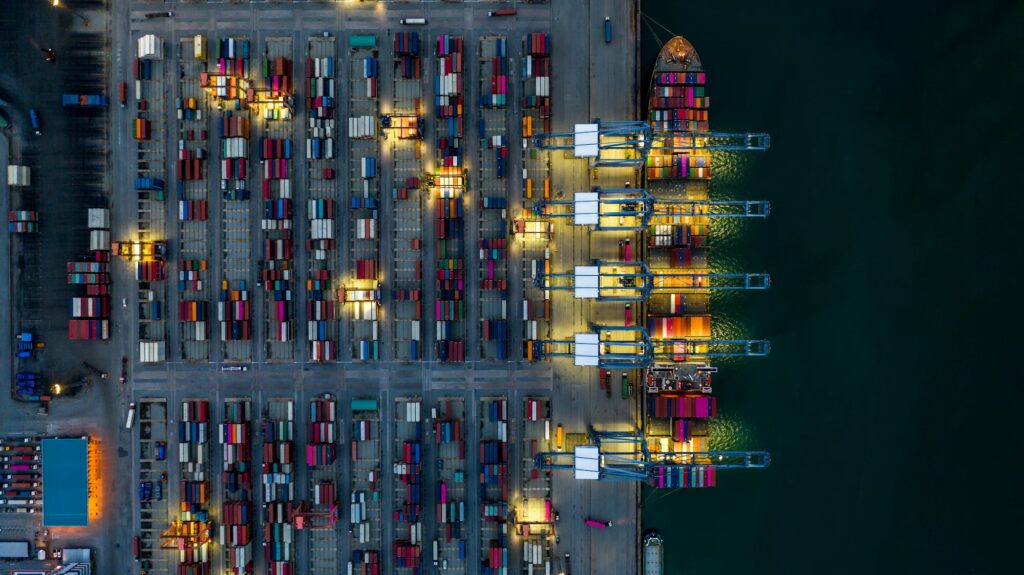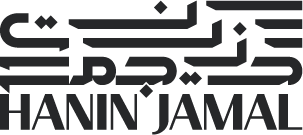In an era defined by globalization and increasing economic partnerships, Dubai’s free zones have become a major attraction for companies aiming to expand and grow in Gulf markets. With the expansion of cooperation between Dubai and free zones in GCC countries such as Saudi Arabia, Oman, and Bahrain, numerous opportunities arise for companies to leverage these relationships. But how can companies in Dubai Free Zone maximize the benefits of these partnerships? This article delves into the answer.
1. Understanding the Depth of Cooperation Between Dubai and Gulf Countries
The cooperation agreements between Dubai and free zones in Gulf countries are a means to boost regional trade and investment. These partnerships aim to facilitate trade exchange, simplify customs procedures, and provide shared tax incentives. For instance, countries like Saudi Arabia and Oman seek to enhance their business environments through free zones offering tax exemptions similar to those in Dubai. This integration paves the way for companies to expand their operations with greater ease.
For further insights, refer to the Dubai Airport Freezone Authority (DAFZA), which highlights initiatives like collaboration with Bahrain to support businesses in both nations.
2. Access to New Markets
The cooperation between Dubai and free zones in Gulf countries provides companies the opportunity to access new markets without the need to establish additional offices in those countries. For example:
- Saudi Arabia: As the largest market in the region, Dubai Free Zone companies can easily enter this market through free trade agreements.
- Oman and Bahrain: These countries offer competitive advantages such as efficient logistics and lower operational costs, enhancing opportunities for business expansion.
To learn more about market opportunities and agreements available in Bahrain, visit the Bahrain Economic Development Board.

3. Simplifying Business Operations
One of the key benefits of this cooperation is simplifying business operations between the countries. Free zones in the Gulf operate in an interconnected manner, creating an integrated network that serves businesses and reduces the complexities of dealing with multiple systems. Dubai Free Zone companies can benefit from:
- Standardizing export and import procedures: Reducing time and costs.
- Unified customs procedures: Speeding up shipping and transportation processes.
For more details on joint economic agreements, visit the Bahrain Ministry of Finance, which provides an overview of customs and financial partnerships.
4. Reducing Operational Costs
Expanding into Gulf free zones allows companies in Dubai to reduce operational costs. For example:
- Bahrain: Offers some of the lowest business costs in the region, making it an ideal location for establishing warehouses or distribution centers.
- Oman: Provides competitive logistical solutions due to its strategic location near Asian and African markets.
By leveraging these opportunities, companies can redistribute resources to achieve higher efficiency.

5. Enhancing Strategic Alliances
The cooperation among free zones opens doors for strategic partnerships between companies in Dubai and other Gulf countries. For instance:
- Technology collaborations: Free zones like Oman’s Knowledge Oasis serve as hubs for technology and innovation, enabling Dubai Free Zone companies to collaborate with Omani firms in this sector.
- Food and agricultural industries: Saudi Arabia and Bahrain are developing their food and agriculture sectors, offering investment opportunities for Dubai-based companies interested in these fields.
6. Leveraging Government Agreements
Many cooperation agreements between Dubai and Gulf countries include direct incentives for companies. For example, Dubai Free Zone companies can benefit from tax exemptions, export support programs, and project financing. Companies should stay updated on these agreements to capitalize on any new benefits.
7. Building Brand Reputation
Partnering with companies or investors in Gulf countries can boost the reputation of businesses operating in Dubai Free Zones. Operating within a framework of regional cooperation demonstrates a company’s commitment to quality and regional expansion, increasing trust among customers and partners.
Get your Bank Account in Dubai Today!
Open your bank account in Dubai today and enjoy secure, efficient banking with easy access to your funds and seamless transactions!
8. Planning for Sustainable Expansion
To make the most of this cooperation, companies must develop clear strategies to expand their operations. Steps to consider include:
- Identifying high-demand markets: Pinpointing the products or services most needed in each country.
- Investing in local infrastructure: Such as warehouses or logistical support offices.
- Enhancing training and development: Ensuring teams are equipped to handle new challenges.
9. Overcoming Challenges
Despite the benefits, companies may face challenges such as:
- Legal differences: Companies may need dedicated teams to understand local regulations in each country.
- Competition: Expanding into new markets means facing local competitors.
- Cultural adaptation: Companies should be sensitive to the work culture in other Gulf countries.
Preparing for these challenges with comprehensive strategies will enhance the chances of success.
Conclusion
The cooperation between Dubai and free zones in Gulf countries opens vast horizons for companies in Dubai Free Zones to achieve sustainable growth. By leveraging available opportunities, fostering trade alliances, and planning strategically, businesses can gain significant advantages. This collaboration is not just a partnership between geographical regions; it is a gateway to economic integration that strengthens Dubai and the Gulf as global trade hubs.
For more details on the importance of cooperation between Dubai and Gulf free zones, don’t miss our previous article titled: Dubai’s Collaboration with Free Zones in Countries Like Saudi Arabia, Oman, and Bahrain


